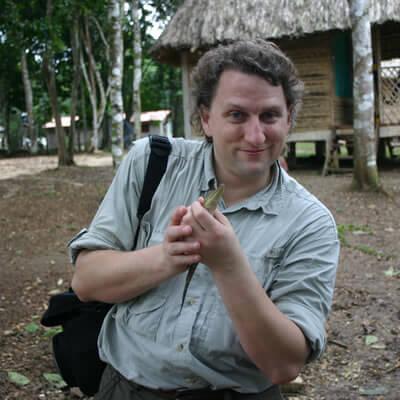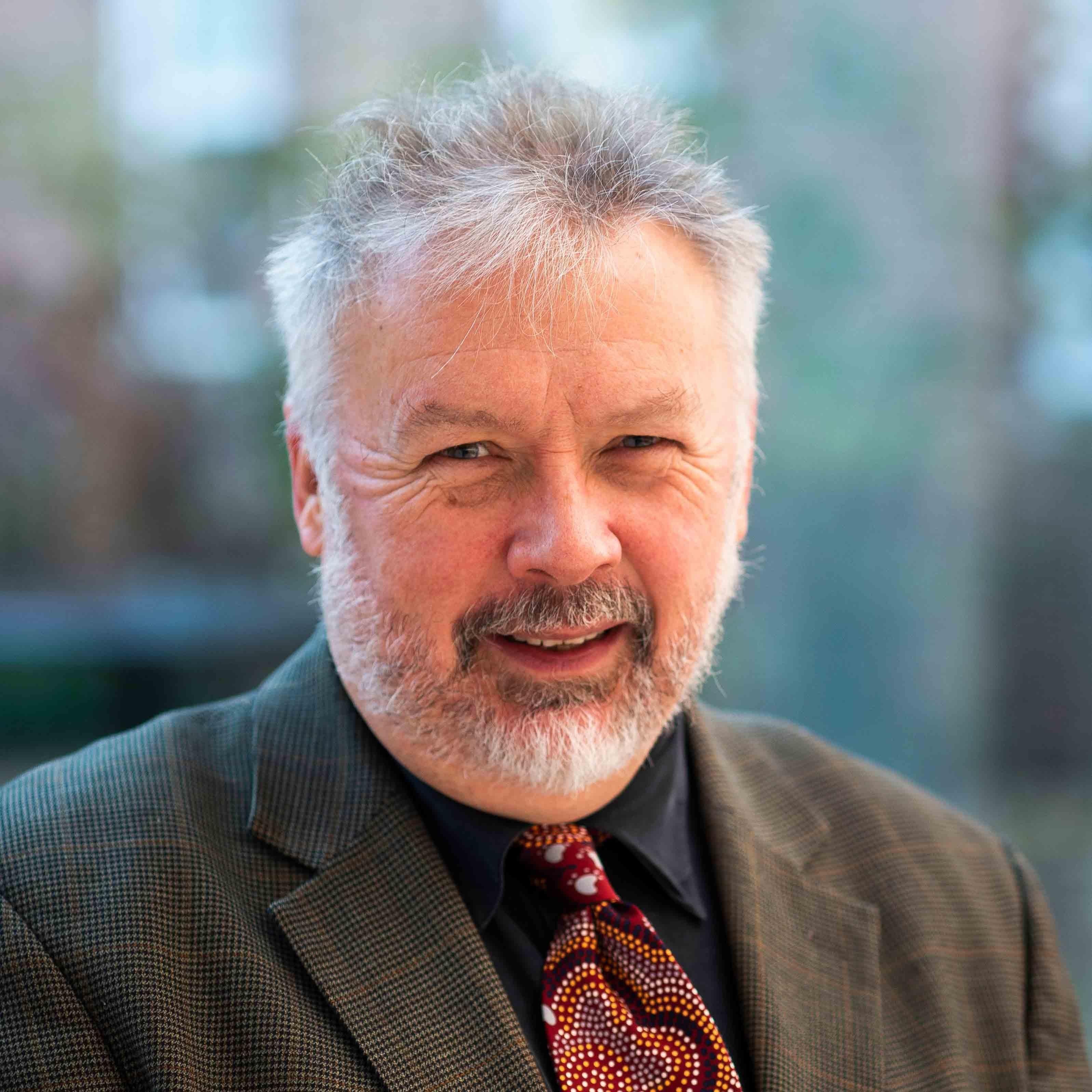Science and Global Change
The impacts of global climate change on society, technology and security
Introduction
Global climate change, biodiversity crises and similar phenomena already impact our lives and will increasingly do so in the future.
Science and Global Change (SGC) uses scientific practice to explore global climate change and its impacts on human society, technology and security. Exploring the interactions of the Earth's systems, students examine:
- The nature of science, critical thinking and the interaction of scientific knowledge and the public;
- The causes and implications of global climate change and biodiversity changes across the span of time; and
- The means by which we can build a more resilient society to survive and reduce the impacts of these changes.
SGC prepares students to understand the changing conditions of the future and fosters critical thinking about the world around us. Students of all majors will benefit from an understanding of how science works, how the physical and biological environment is changing, and what our options are to build a more resilient society.
Colloquium and Lecture Topics
- A look at logical fallacies
- Why climates change, and how we know that is (partially) our fault
- What do we do with science on the edges of the mainstream?
- The value of the biosphere
- Who pays for science?
Other Learning Opportunities
Students in SGC will observe evidence of global climate change both in class and through multiple learning opportunities outside the classroom. Past excursions have included:
- Fossil hunting at Brownie Beach;
- Exploring the Smithsonian Museums;
- Visiting the Patuxent National Wildlife Refuge and the Horn Point Laboratory; and
- Volunteering at Kenilworth Aquatic Gardens.
As part of the sophomore practicum, students will learn from and work closely with researchers, educators and practitioners of any STEMM (Science, Technology, Engineering, Mathematics, Medicine) field. Students have:
- Held internships in various labs at the National Institutes of Health, NASA and the Smithsonian Institution;
- Helped to construct wind turbines for communities in the Andes; and
- Developed educational experiences for the Annapolis Maritime Museum.
Curriculum Overview
Over the two-year program experience (four semesters), students will complete 9 credits of supporting courses that will count toward their SGC Scholars citation. In most cases, these will also fulfill General Education requirements. Note that your Scholars courses—colloquium, practicum and supporting course(s)—will generally be in addition to any courses you take to satisfy major requirements.
The following table represents a typical two-year curriculum, but individual schedules may vary. Details about courses and requirements can be found on the SGC Citation Checklist.
| SEMESTER | COURSES | CREDITS |
|---|---|---|
| Freshman Fall | Scholars Colloquium | 1 credit |
| 4-5 courses toward degree and major requirements (including possible supporting course) | 12–15 credits | |
| Freshman Spring | Scholars Colloquium | 1 credit |
| Academic Writing | 3 credits | |
| 3–4 courses toward degree and major requirements (including possible supporting course) | 9–12 credits | |
| Sophomore Fall | Scholars Colloquium | 1 credit |
| 4–5 courses toward degree and major requirements (including possible supporting course) | 12–15 credits | |
| Sophomore Spring | Scholars Practicum | 1–3 credits |
| 4–5 courses toward degree and major requirements (including possible supporting course if not already completed) | 12–15 credits |
Sponsoring College
Residence Hall
Centreville Hall
Office Address
1216 Centreville Hall
Office Phone
Faculty


Social Media Etc.
Science and Global Change News
Scholars Honor Citation and Founders Circle Award Winners at Annual Ceremony
College Park Scholars, celebrating the 30th anniversary of the program's founding, honored the best and the brightest of its most recent Citation class at its most recent Citation and Awards ceremony. This tenacious class, filled with future changemakers and leaders, pushed through a challenging start to college that began during the pandemic to emerge as standouts in the classroom, in their communities, and at the University of Maryland.
Researchers Solve Mystery of ‘Dinky’ Dinosaur’s Unusually Long Stride
The tiny, two-toed fossil footprints made by an unidentified dinosaur species some 100 million years ago and preserved in a slab of rock in South Korea are thought to have been made by a raptor no bigger than a modern sparrow. What stumped paleontologists was the animal’s enormous stride; the unknown raptor’s footprints had larger gaps between them than expected for such a diminutive dinosaur.“This guy is dinky—one of the smallest dinosaurs that we have fossils of,” said University of Maryland paleontologist and Science and Global Change program director Thomas R. Holtz Jr.
Fourteen Scholars Named Class of 2024 Senior Marshals
Senior Marshals are graduating seniors who have demonstrated the highest levels of scholarship, service to the campus community, extracurricular involvement, and personal growth. The University of Maryland Senior Marshals represent graduating seniors who have demonstrated the highest levels of scholarship, service to the campus community, extracurricular involvement, and personal growth.
Two Scholars Named 2024 Patty Grace Smith Fellows
HUNTSVILLE, Ala. - The Patti Grace Smith Fellowship recently announced the selection of 29 students to participate in its award-winning program that connects the United States’ leading aerospace companies with talented Black students.The Class of 2024 Fellows hail from 17 colleges and universities spread across 13 states and Puerto Rico. Each Fellow has earned a challenging summer aerospace internship, as well as a scholarship worth thousands of dollars, a pair of personalized mentors, and more.Two College Park Scholars were named recipients of the 2024 Fellowship:
Two More Programs Added to Scholars for 2024-25
COLLEGE PARK, MD. – College Park Scholars in Fall 2024 will add two programs to its roster of two-year living-learning experiences for academically talented students, but one will look and sound familiar.Data Justice will debut, and the University of Maryland’s CIVICUS program will relaunch with a new name: Civic Engagement for Social Good.The expansion will bring the number of Scholars programs to a record of 13 and provide 150 additional first-year students with the opportunity to begin their college journeys as members of an intellectually rich and socially vibrant Scholars community.
Philip Merrill Presidential Scholars Program Honors Top Students and Their Mentors
Outstanding graduating seniors at the University of Maryland have analyzed drought patterns, researched diabetes and tutored elementary school students in math. One plans to be an eye surgeon; another, a human rights attorney.
